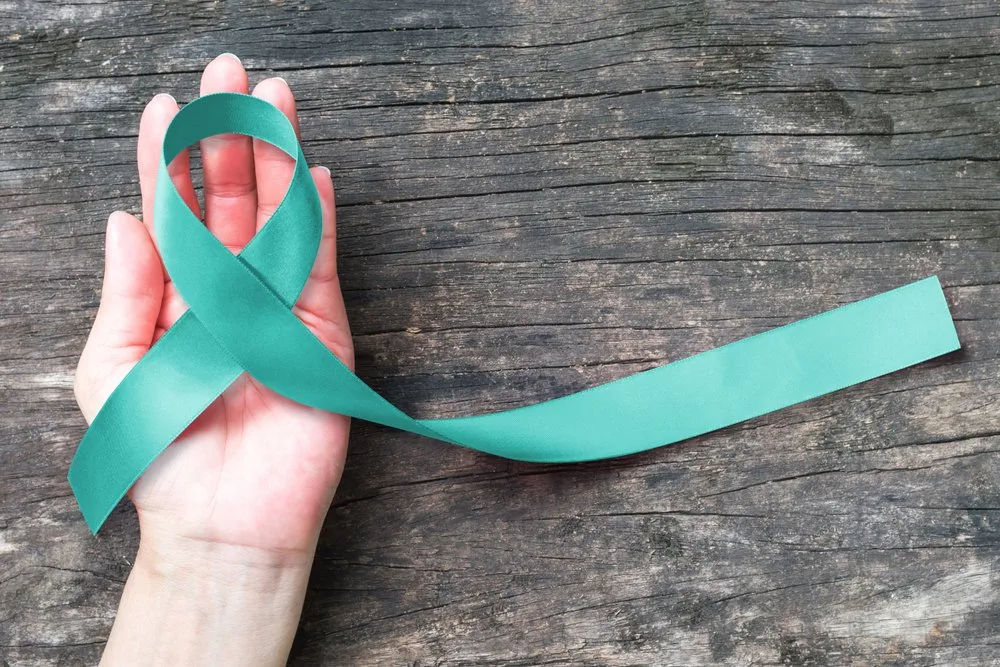Having breast cancer does not put you at a higher risk of getting cervical cancer, nor does having one cancer prevent you from developing another unrelated cancer. For this reason, it is of utmost importance for anyone with a cervix to undergo regular cervical cancer screening.
Cervical Cancer: Early Diagnosis Saves Lives
As with any type of cancer, early diagnosis of cervical cancer may result in less aggressive treatment and increase the chances of cure and thus increase the chances of survival. Many women who consult with her for breast cancer screening have confirmed that they either don’t do cervical cancer screening or are rather irregular about it. This is despite the fact that cervical cancer is the fourth most common cancer among women globally.
The complete lack of or irregular screening for cervical cancer can be attributed to a myriad of reasons. Yet, the most common reasons are age-related, as after a certain age, there seems to be less of a focus on cervical health. Fear, as well as a lack of awareness of the need for cervical cancer screening, are also major contributing factors.
Below, I address some of the most important facts about cervical cancer screening.
What causes cervical cancer?
Infection by the human papillomavirus (HPV) is the most essential risk factor for cervical cancer. HPV is a group of more than 150 related viruses that can infect cells on the surface of the skin and those lining the genitals, anus, mouth, and throat.
Infection with HPV is common, and in most people, the body can clear the infection by itself. Sometimes, however, the infection does not go away completely and becomes chronic. Chronic infection, especially when it is caused by certain high-risk HPV types, can eventually cause certain cancers, such as cervical cancer. It is critical to note that acute and chronic forms of HPV infection can be completely asymptomatic. That means that you may not even be aware that you carry the virus.
Cervical cancer may also run in some families. If your mother or sister had cervical cancer, your chances of developing the disease are slightly higher than if no one in the family has had it. Researchers suspect that some rare instances of this familial tendency are caused by an inherited condition that makes some women less able to fight off HPV infection than others.
At what age should cervical screening be started, and how regularly should it be done?
Current international guidelines suggest that cervical cancer screening be started at age 25. The guidelines recommend that a test be done for HPV and that this test be repeated every 5 years until the age of 65. The guidelines propose that a good alternative to this is to do a Pap test (pap-smear) every 3 years.
Is there a difference between a pap smear and cervical screening?
Part of the screening for cervical cancer is to do a pap smear. Complete screening involves the clinical evaluation of the cervix itself for any mass lesions.
How is cervical cancer screening done?
A speculum is inserted into the vagina to allow for adequate visualization of the cervix. Then, a brush is inserted via the vagina up to the cervix to collect cells from the cervix. The sample is then sent to a lab, where the cells can be checked to see if they are infected with the types of HPV that cause cancer (an HPV test), or the cells are evaluated under a microscope to see if they are normal, i.e., the pap smear.
Want to know more?
Did you know that regular Pap screening can help to decrease cervical cancer incidence and mortality by at least 80%? No wonder Grammy winner Ciara is doing her part to spread awareness about cervical cancer and HPV screening.





![women [longevity live]](https://longevitylive.com/wp-content/uploads/2020/01/photo-of-women-walking-down-the-street-1116984-100x100.jpg)









